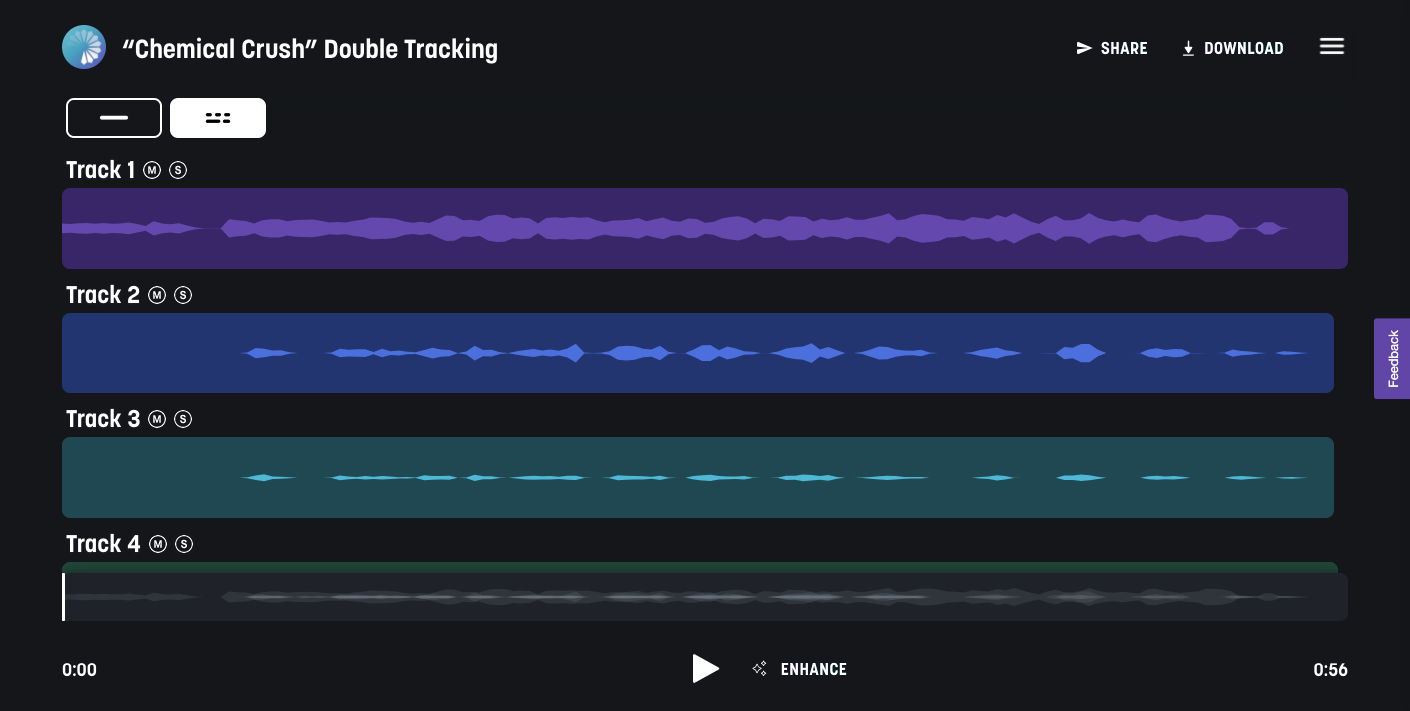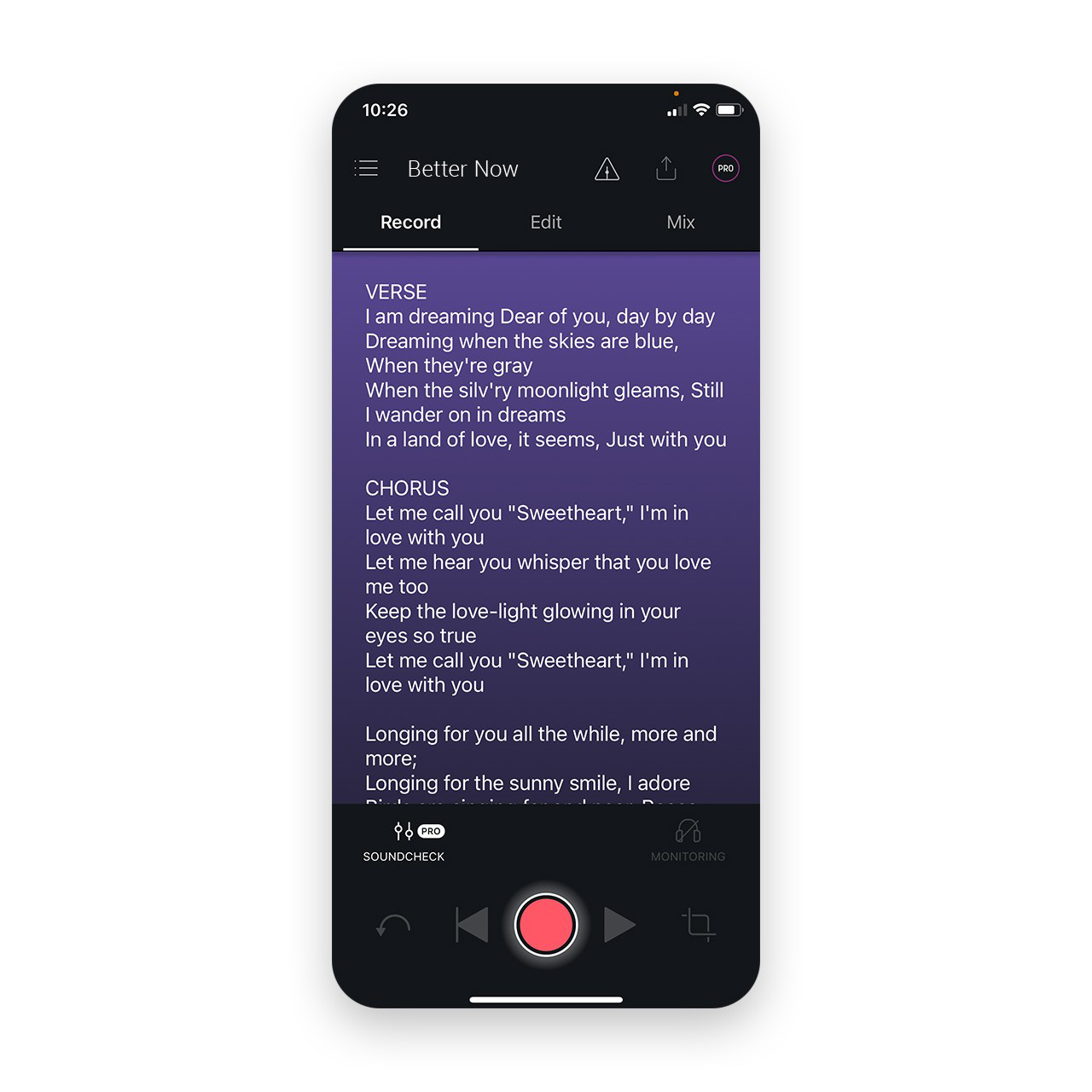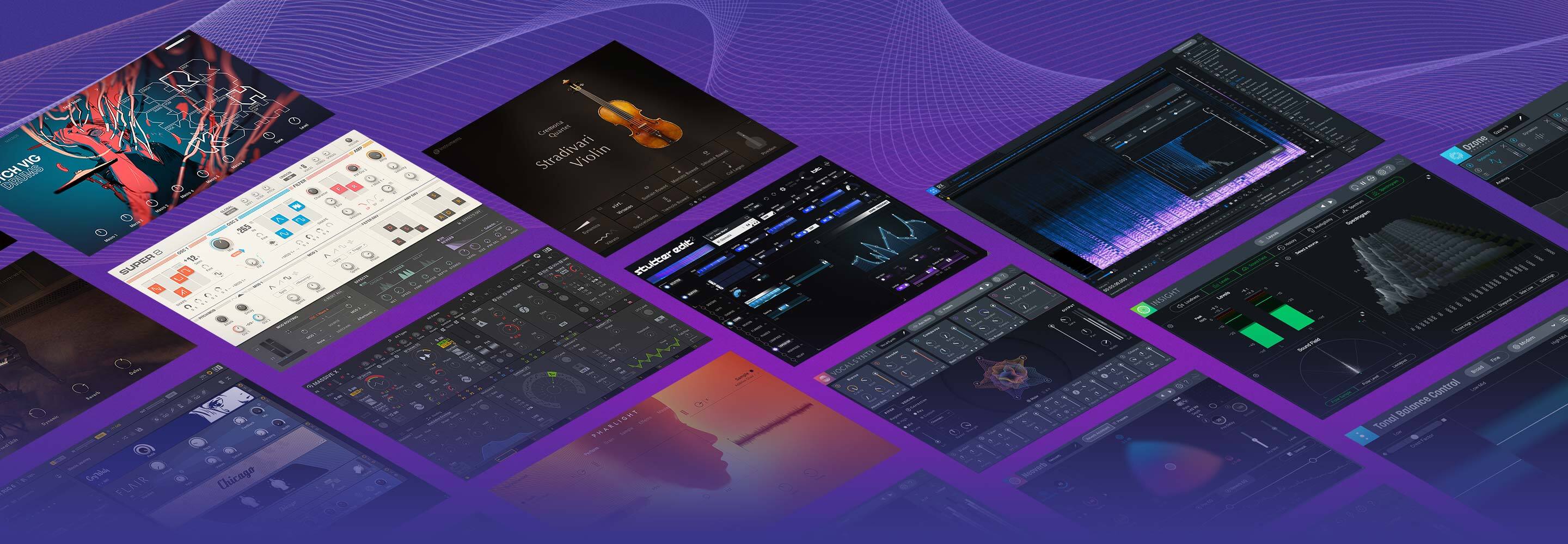
10 Pro Songwriting Tips for Vocalists
Are you trying to write better lyrics and melodies? Discover these top ten songwriting tips for vocalists from an expert topline vocalist and producer.
Are you a vocalist that’s looking for inspiration to start songwriting? Or are you an experienced songwriter looking for more tips and techniques to write great music? As a professional topline writer, I’ve picked up tons of songwriting tips over the years. In this article, I’m sharing my top ten favorite tips for songwriting as a vocalist.
Tip 1: Tell your own story
One of the most common pieces of advice writers hear is to “write what you know.” If you want your song to connect with an audience, it pays off to be raw, vulnerable, and honest about your own experiences. Massively successful artists like Halsey, Ed Sheeran, and Post Malone attracted their huge fan bases by telling personal stories in their own, unique way. If you’re looking to write the next big hit, don’t be a copycat. Tell your own story. And don’t forget: when you’re the vocalist, you have even more ammo behind the emotions of your lyrics when performing.
Tip 2: Write alone, refine together
Did you know that at times, brainstorming can kill creativity? Many great ideas get shot down during the brainstorming phase and, unfortunately, some really terrible ones can survive. When songwriting, I’ve found it’s best to write on your own and then collect feedback from people you trust. As a songwriter, I collaborate with producers all around the world. One of my favorite tools to share new song ideas is the free Spire app. I can import an instrumental, record my topline ideas, and then easily upload my project to the cloud. The producer can then easily listen to the full mix, get access to the stems, or provide time stamped comments of edits with Mix Notes.

Easily collaborate with others by uploading your Spire Project to the cloud
Tip 3: Avoid the obvious
People get bored with clichés. In your songwriting, try to find new ways to say things. Any time a lyric seems too “predictable,” switch it up to provide a more interesting phrase. If you’re feeling trapped using common phrases, try using an online thesaurus to spark new word combinations. For example, rather than “always on my mind,” you could say “etched in my brain” or “stitched to my memory.”
Tip 4: Stick to one (or two) messages
Songwriters are storytellers. But, we typically only have about three and a half minutes to tell a story. So, make sure your message is clear and concise. Having a good grasp on what story you want to tell beforehand will help you stay focused and know which lines to keep and which ones to ditch. A strong example of focusing on a simple, yet powerful message is Louis Armstrong’s “What A Wonderful World.”
Take your songs to the next level: Are you focusing on one idea and it’s not enough to get your meaning across? Oftentimes, two ideas can co-exist together in a song–one obvious, upfront message, and one hidden, subtler message. Semisonic’s “Closing Time” is a great example.
Tip 5: Stay inspired
Any time I feel uninspired, I know it’s time to do something new. Keep your ideas fresh by listening to new music, engaging in fresh experiences, or even trying a new hobby. You never know when inspiration is going to strike, so it helps to have a way to capture your ideas before they flutter away. Whenever I feel inspired, I use the Spire app to record rough melody ideas or jot down lyrics for future reference. When I get writer’s block, having all my ideas organized in one place makes it easy to get the creativity flowing again.

Use the Notes feature of the Spire app to jot down lyric ideas
Tip 6: Use vivid imagery
One of the best songwriting tips I have to offer is: show, don’t tell. Use vivid imagery in your lyrics to get the listener to feel how you felt. To do this, it helps to choose words that engage the five main senses. For example, rather than saying “we kissed,” you could say “I tasted your lips.”
A great example of vivid imagery in a song is “Chandelier” by Sia, where the subject of the song uses swinging from a chandelier as a profound metaphor for depression.
Tip 7: Track your creativity
Creativity flows in cycles, and everyone’s cycle is a bit different. Get a mood tracker app (like Daylio) and make notes of when you feel the most creative. Then, schedule your songwriting for when you typically feel most inspired. During your writing sessions, put your phone in airplane mode and limit distractions so you can fully zone in. The goal is to make using your creativity a habit. The more you set aside dedicated time for songwriting, the easier the songwriting will become.
Tip 8: Use an instrumental
Some songwriters start their melodies from scratch, but I think it’s much easier to begin with an instrumental. When I began songwriting, I reached out to dozens of producers through social media and asked them to send me their unused instrumentals for me to write to. Even if the producer didn’t end up using my topline for their track, it still helped me practice writing songs. Plus, I was able to build up my library of acapellas to send to other producers in the future.
Tip 9: Borrow ideas
It has been said that creativity is knowing how to hide your sources. Don’t be afraid to use other artists’ work as inspiration for your own. Find lyrics and melodies that inspire you and use them as a jumping off point. Obviously, you don’t want to plagiarize other artists’ work, but snagging a lyrical concept from one song and blending it with an inspired melody snippet from another is still creating something new.
Tip 10: Know when you’re done
One of the biggest challenges artists face is perfectionism. As an artist, it’s likely you will never be 100% happy with anything you create (that’s our curse). But, don’t let this hold you back from sharing your art with the world! Obviously, it’s important to hone your craft and keep improving. But, knowing when something is “good enough” to release is the key. Don’t let perfectionism be an excuse for not sharing your art with the world! If you're looking for further guidelines on when a song can be considered finished, check out this checklist.
Start writing your song
Now that you have tips to write great songs as a vocalist, it’s time to get started on your next masterpiece. Try incorporating the free Spire app for iOS in your songwriting repertoire to record ideas on the fly with professional sound and share your music with other collaborators and producers.


